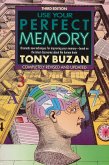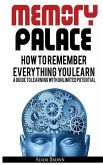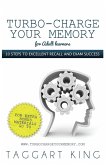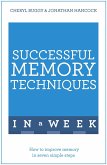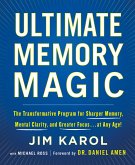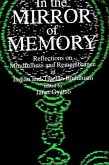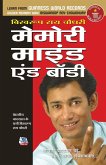" All knowledge is but remembrance." Every day of our lives, copious amounts of information is thrown at us. From remembering small details crucial to our day-to-day activities to memorizing data imperative for success in our professional lives, we rely on the efficiency of our mental faculties endlessly. But it is not as efficient as we want it to be, at times. We find ourselves in situations where we tend to forget things-- we are giving a presentation and just can't recall the statistics, we are meeting someone we've met before but now have no idea what their name is, we just can't remember what that play was called we saw just last weekend . . . Our memory needs to be sharp, so much so that we can recall things in an instant. William Walker Atkinson in Memory, How to Develop, Train, and Use It, offers easy and applicable methods to develop, cultivate, and train our memory. The book, also venturing into how to mentally influence others, is an informative guide that will enable us to further our retention power, making memorizing faster and effortless.
Hinweis: Dieser Artikel kann nur an eine deutsche Lieferadresse ausgeliefert werden.
Hinweis: Dieser Artikel kann nur an eine deutsche Lieferadresse ausgeliefert werden.

